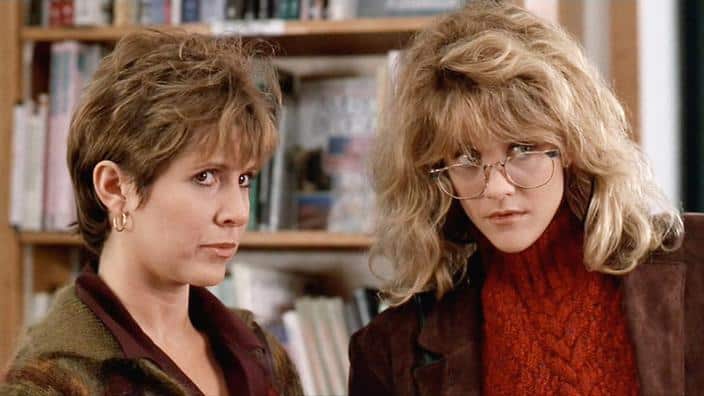
Every romantic comedy needs a best friend. Whether it’s the playboy wingman or the hopeless romantic, our unblemished heroes and heroines usually have a human sounding board to discuss their inevitable relationship woes. These characters could be throwaways, solely used to allow the leads to discuss what they are feeling. Instead, they become a primary source of comedy, crucial to the genre. While Meg Ryan and Tom Hanks send each other charming, banter-filled emails in Nora Ephron’s You’ve Got Mail, Dave Chappelle gets to dispense one-liners and provide romantic color commentary.
Some genre entries don’t just utilize one best friend, but a best friend couple. One of the most famous examples lies in When Harry Met Sally…, which begins with Carrie Fisher and Bruno Kirby as the traditional lone friend to each part of the titular central duo. After a disastrous double-date, the two become their own relationship. The coupling is so inspired because it is rooted in the hilarious and horrifying ordeal of having your date connect with someone else right in front of you, while simultaneously providing a contrast to the strained will-they-won’t-they of Harry and Sally.
Many films, like About Last Night… and Going the Distance, have used this trope, to varying degrees of success. Sometimes they are the happily-ever-after ideal, sometimes they are the human embodiment of the stressors on the primary couple’s relationship. What is especially notable about the standouts of the supporting couple trope in romantic comedies is that they all serve essentially the same purpose — help the two leads stick together — but are employed in completely different ways.
The Life Coaches
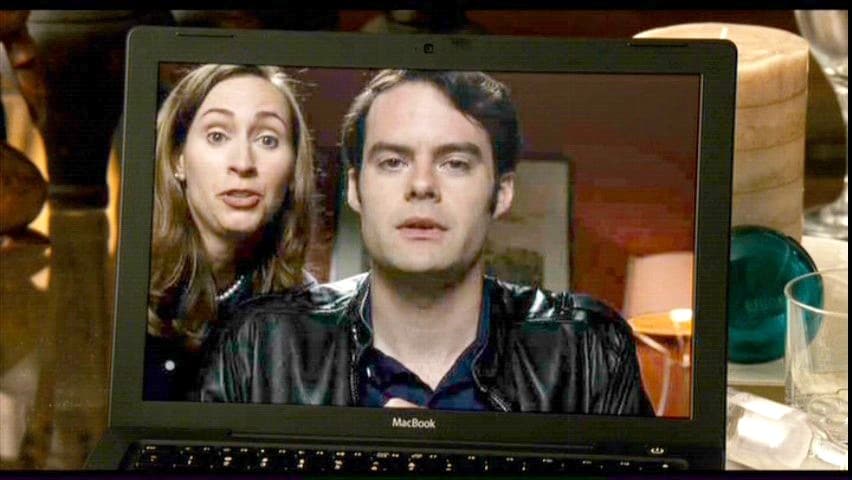
The supporting couple is always going to offer advice. It is likely the only defining trait of the archetype, fitting since we naturally turn to our friends when in a real-life dilemma. In Forgetting Sarah Marshall, Brian (Bill Hader) and Liz (Liz Cackowski) play Peter’s (Jason Segel) step-brother and sister-in-law who are concerned about how he is handling his break-up and subsequent relationship with Rachel (Mila Kunis). We first meet Brian out on the town with Peter, trying to cheer him up and shake him out of his depressed funk. When Peter impulsively decides to go to Hawaii to get away from the apartment that is filled with reminders of his ex, Brian’s mentoring comes through the form of video chat with his kooky, well-meaning wife always listening just off-screen.
What little we see of their relationship alludes to a healthy and loving marriage, filled with quirks since they are played by two incredibly funny people. From Brian’s outburst after Peter insults his wife to them both “doing the luau” in front of the projected beach background during their call, the couple adds moments of more light-hearted, sweet humor to the film, all while pushing the protagonist and the story along.
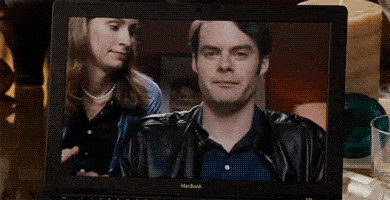
The Parallel
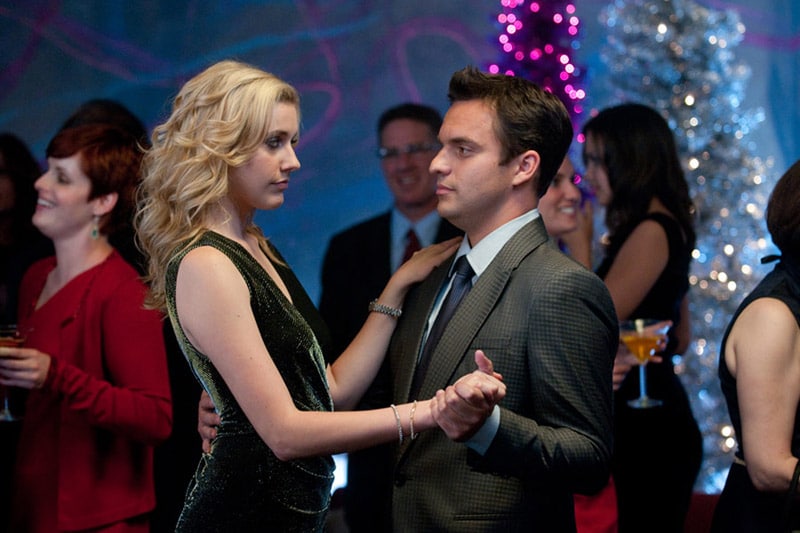
Another crucial function of the secondary couple is their ability to be used as a foil to the other couple and the main plot. Their relationship exists in the B- or C-plot realm of the film, which allows them to exist independently from the main plot machinations. In No Strings Attached, Patrice (Greta Gerwig) and Eli (Jake Johnson) begin a relationship after meeting multiple times through their friends Emma (Natalie Portman) and Adam (Ashton Kutcher). While the central couple spends the course of the film denying their genuine feelings for each other that have developed over the course of their friends with benefits relationship, Patrice and Eli progress through a traditional courtship. Emma and Adam make rules when to call and how many times they are allowed to see each other; Patrice is so in awe of Eli opening her car door on their first date that she has him do it again. Emma will not bring Adam to her sister’s wedding; Eli introduces Patrice to his fathers. Where the central duo consistently gets in their own way and makes bad choices, Patrice and Eli present the healthy alternative to the audience, what their friends could have if they were honest with themselves and each other.
The Fantasy
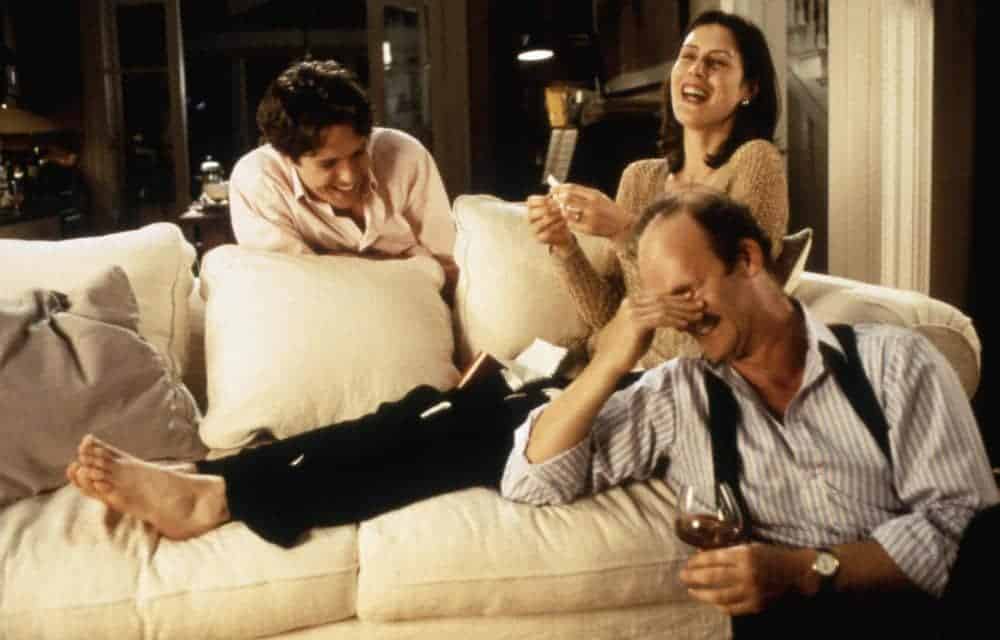
Similar to the parallelism some supporting couples provide, quite a few of them offer an idea of what the end result of their relationship will look like. In the case of Notting Hill, Max (Tim McInnerny) and Bella (Gina McKee) have the ideal relationship their friend Will (Hugh Grant) desperately wants, particularly with American movie star Anna (Julia Roberts). Believing their relationship unusual and lucky — the chances of finding someone you love who loves you is minuscule in his eyes — they nonetheless provide him with the hope to keep trying, to keep putting himself out there, whether it be on the blind dates they set him up with or in some wild attempt to win Anna back.
Their relationship is truly one of the most heartwarming aspects of the film, giving the central romance a run for its money. While everyone remembers the famous “I’m also just a girl, standing in front of a boy, asking him to love me” speech, the small moment of Max picking Bella up and carrying her up the stairs of their small flat so difficult to navigate in her wheelchair is as adoring and earnest a display of affection the sometimes saccharine genre can provide. It may be overlooked by audiences, but the camera stays on Will while he watches their loving, comfortable exchange, with an expression that silently screams “I want that.”
The Reality
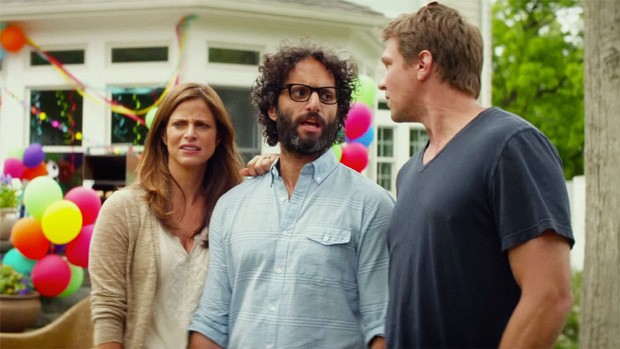
While Max and Bella are the shiny golden couple we all hope to be, Xander (Jason Mantzoukas) and Naomi (Andrea Savage) of Sleeping with Other People are the far more plausible outcome, especially of the deeply flawed Lainey (Alison Brie) and Jake (Jason Sudeikis). As the best friend and business partner to Jake, Xander regularly makes jokes about his wife, but when they interact with each other in a scene, it’s clear that their teasing is the kind that comes from having known someone for as long and as well as they know each other. It’s the relationship that comes from a place of love, darkened by a deep annoyance that only comes from being around each other so much. Their ease and humor make the prospect of a healthy commitment seem not only bearable but possible to the love-addict and commitment-phobe that comprise the primary couple.
Their dynamic may veer towards the aspirational for some because of just how unbelievably funny Savage and the career scene stealer Mantzoukas are. Writer and director Leslye Headland likely recognized their scene-stealing nature, with the pair simply riffing off each other over the end credits. Perhaps because of their charm or their twelve-year-marriage, they are also the couple that offers the least amount of advice of any of the supporting couples. Rather than instruct their friend on his relationship problems, their relationship and its messy sustained existence provide the guidance Jake and the film needs.
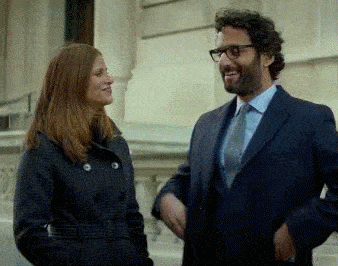
The Nightmare
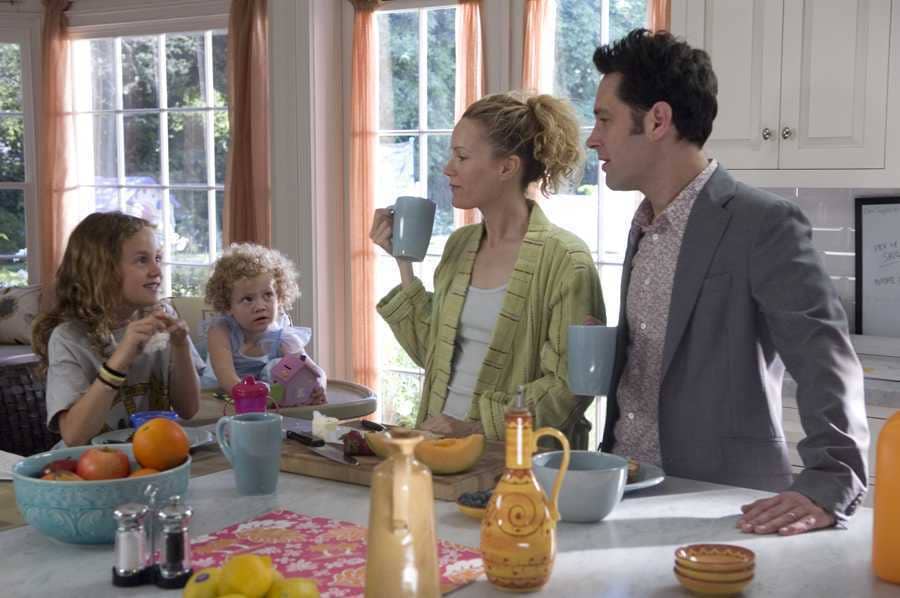
Finally, there is the nightmare couple, the one that embodies all the flaws, tensions, and anxieties of the central relationship and makes them doubt whether they should be together at all. Knocked Up‘s Pete (Paul Rudd) and Debbie (Leslie Mann) provide the horrifying and highly-possible alternate outcome of Ben (Seth Rogen) and Alison’s (Katherine Heigl) expedited relationship. When the latter pair’s unexpected pregnancy takes center stage, the strained marriage of Alison’s sister takes on more weight. Like the other couples on this list, the individuals mirror each other; Debbie and Alison are both uptight and controlling while Pete and Ben are more relaxed, often to a fault. It is in this parallel that the solution to both couples is found, as Ben learns from Pete to grow up and take more responsibility and Debbie learns to accept her husband for who he is and become less high-strung.
Knocked Up uses the supporting couple like a funhouse mirror, exaggerating all the characters’ fears and flaws to make something powerful enough to ruin their relationship. When they are able to resolve their problems and get back together, Ben and Alison can finally see the cleared pathway back to each other as well. Of all the tropes of the romantic comedy genre, the second-tier couple like Debbie and Pete’s might be the most vital as it reinforces the comedy aspect of its name and provides balance or momentum to the overall narrative.
Related Topics: Comedy, notting hill, Romance

